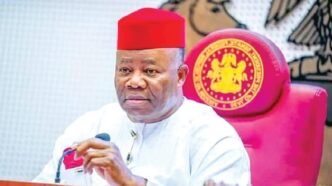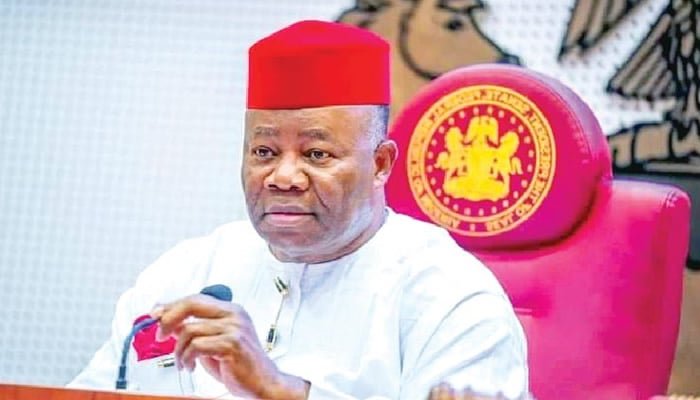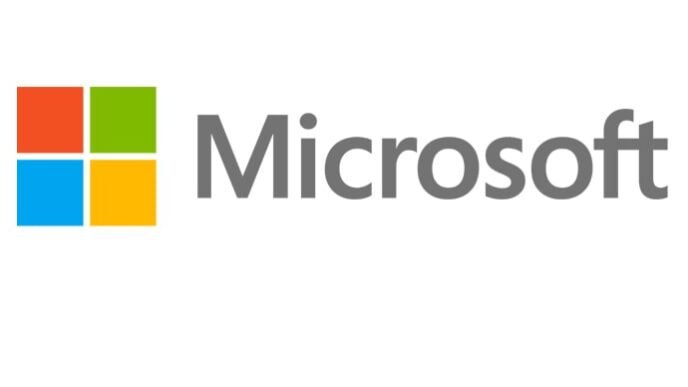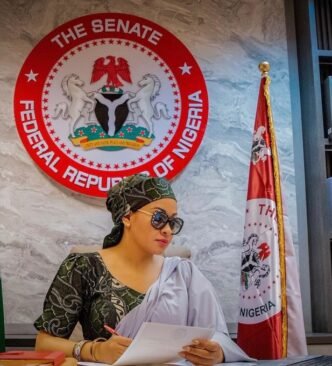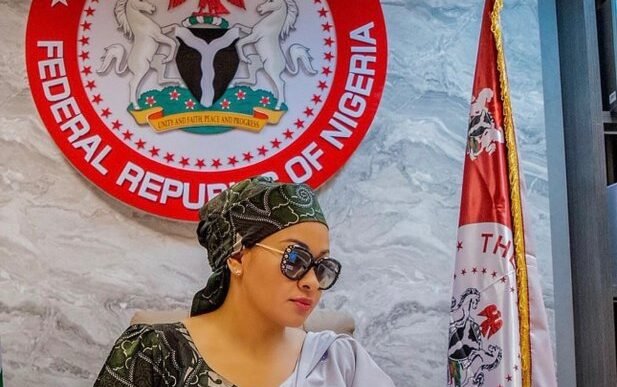The Nigerian Senate has officially announced the postponement of its plenary resumption, shifting the earlier scheduled return date to Tuesday, October 7, 2025. The decision, confirmed by the Office of the Clerk of the Senate on Monday, extends the lawmakers’ annual recess by an additional week.
Plenary was initially expected to resume on September 30, 2025, following the lawmakers’ six-week break. However, according to parliamentary sources, the adjustment was necessary to allow for more “administrative and logistical preparations” ahead of a busy legislative calendar.
Why the Resumption Was Postponed
While the Senate did not provide detailed reasons for the shift, insiders revealed that the extension is linked to ongoing committee activities and consultations between the leadership of the National Assembly and the Presidency.
A source close to the Senate leadership explained:
“Lawmakers are currently engaged in oversight visits and committee-level assignments. The one-week extension will give committees more time to conclude reports that are critical to plenary discussions.”
The source further hinted that consultations on the Medium-Term Expenditure Framework (MTEF) and the 2026 Appropriation Bill are also underway, necessitating additional preparation before full plenary sessions commence.
Key Issues Awaiting the Senate
When the Senate reconvenes on October 7, several pressing national matters are expected to dominate deliberations. These include:
- 2026 Budget Presentation – The National Assembly is preparing to receive President Bola Tinubu’s budget estimates for the next fiscal year.
- Fuel Supply and Distribution Challenges – Following recent developments at the Dangote Refinery and supply chain disruptions, lawmakers are expected to debate solutions.
- Security Matters – In light of recent insurgent attacks in parts of the North-East, security funding and oversight will likely take center stage.
- Constitution Review Process – Proposals for constitutional amendments are set to return for further debate, particularly on devolution of powers and electoral reforms.
- Public Petitions and Pending Bills – Several bills and petitions, including those relating to electoral reforms, healthcare, and education, await consideration.
Leadership’s Position
Senate President Godswill Akpabio, who has been consulting closely with President Tinubu and other political stakeholders, is expected to use the October resumption to drive consensus on pending national issues.
According to parliamentary watchers, Akpabio’s leadership will be under scrutiny as he navigates debates on fiscal policy, subsidy concerns, and Nigeria’s rising debt profile.
Public Reactions
The extension has drawn mixed reactions from Nigerians.
- Civil society groups criticized the delay, arguing that the country faces urgent challenges that require immediate legislative attention.
- Political analysts, however, suggested that a brief postponement might give the Senate more time to align with the executive on key policy matters.
Conclusion
With the new resumption date set for October 7, 2025, Nigerians will be watching closely to see how the Senate addresses the mounting economic and security challenges confronting the nation. The extended recess may buy the legislature time to prepare, but expectations remain high that upon return, lawmakers will hit the ground running.

